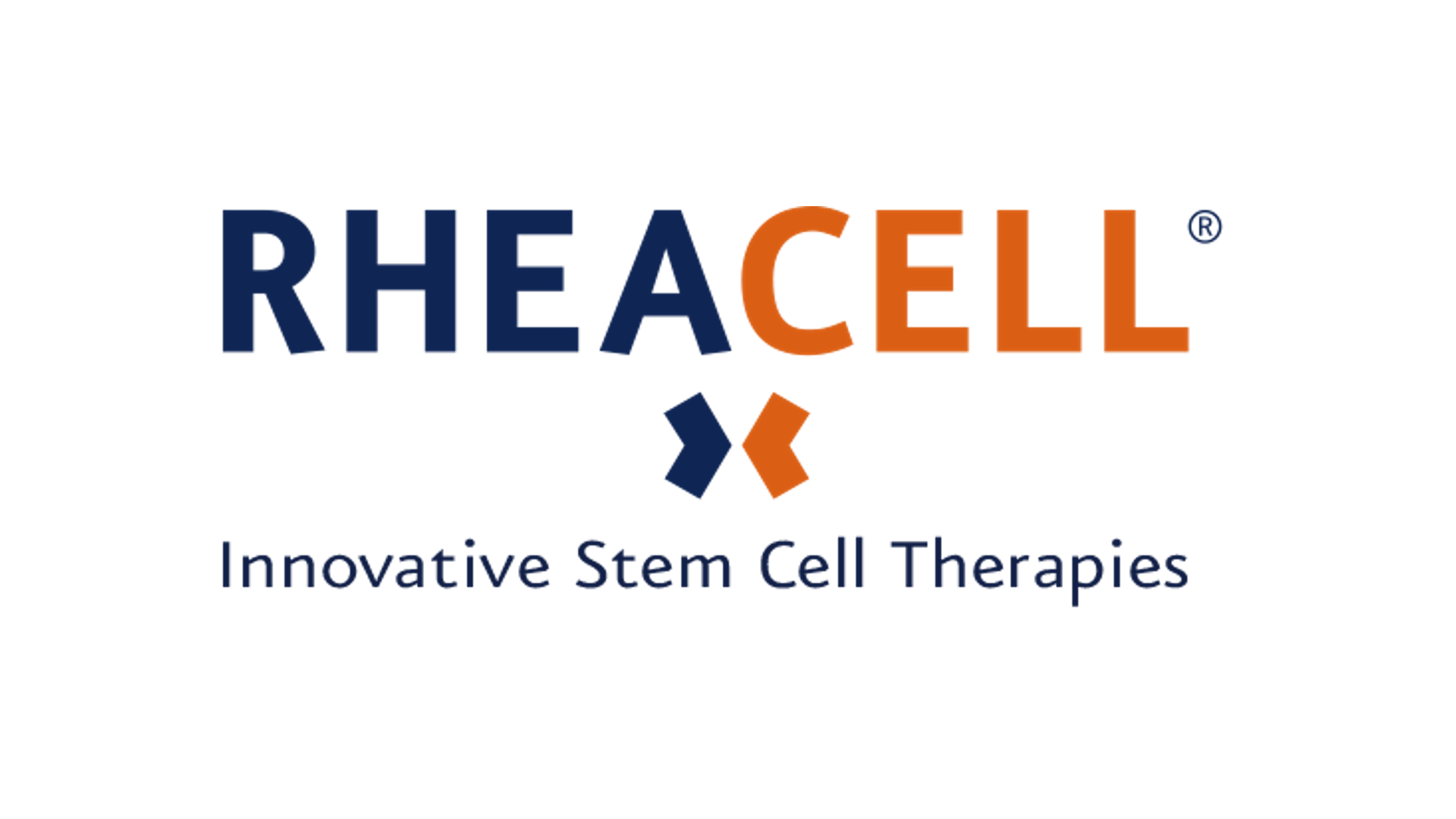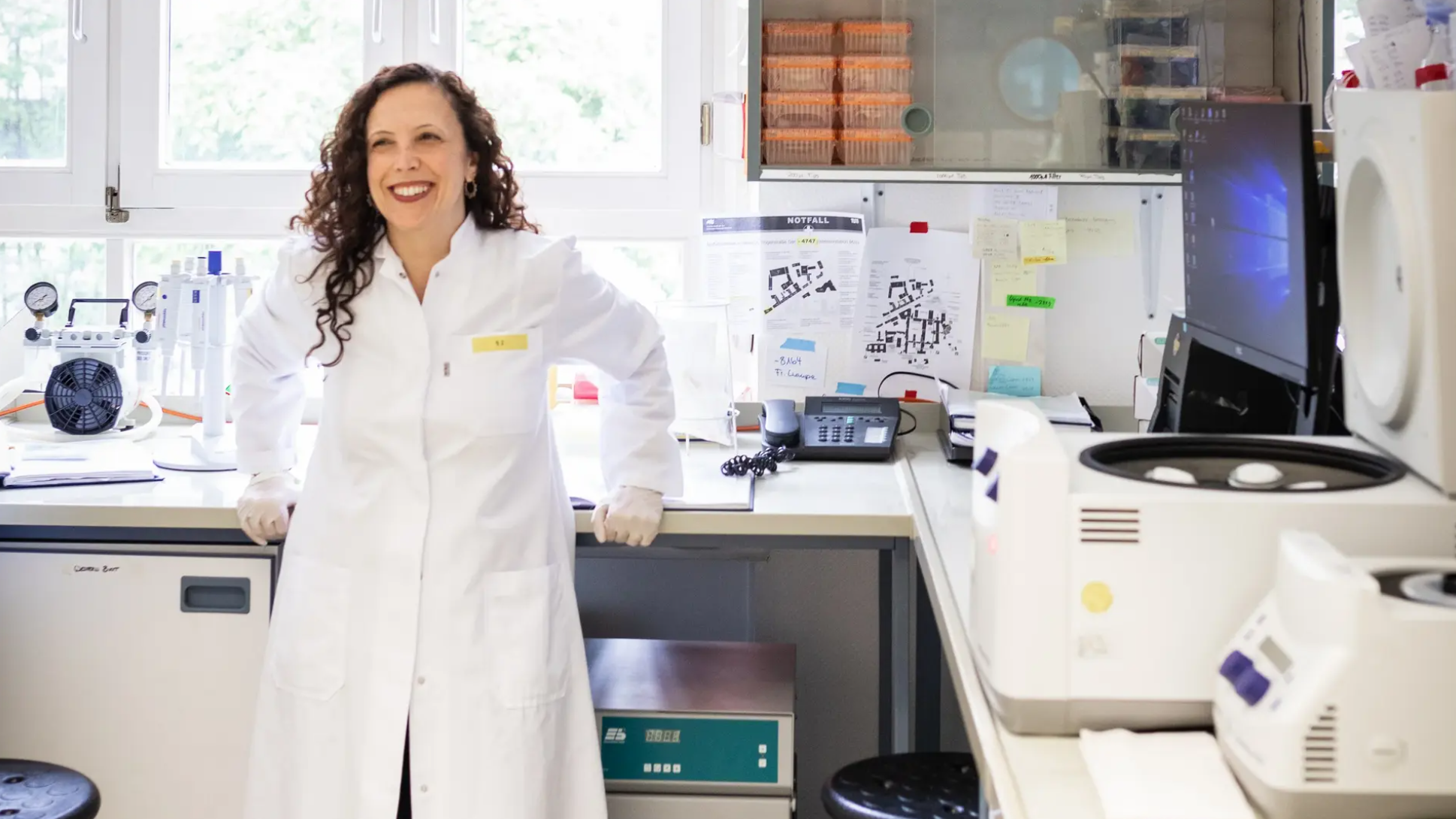How the biological clock ticks in the female reproductive tract – Breakthrough of the Year Award 2025 for Ângela Gonçalves

Endometriosis, menopause, ovarian cancer – still poorly researched and often misdiagnosed. Ângela Gonçalves combines AI, molecular biology, and clinical findings to develop non-invasive tools for early detection, personalized care, and healthier aging – directly challenging gender bias in medicine. The scientist from the DKFZ-Hector Cancer Institute at the University Medical Center Mannheim is the winner of the Falling Walls Foundation’s “Breakthrough of the Year 2025” award in the Women’s Impact category.

Each menstrual cycle, the organs of female reproductive tract organs undergo tremendous buildup and remodeling followed by breakdown and repair. For a long time, it was assumed that these events left no traces or scars in the affected organs. Ângela Gonçalves’ research has revealed the unexpected price of female reproductive capacity that results from the constant remodeling of the female reproductive tract. She has also been exploring pioneering solutions for non-invasive diagnosis by using menstrual blood. For this, the Falling Walls Foundation is honoring her with the Breakthrough of the Year award in the Women’s Impact category.
Ângela Gonçalves studied computer science at the University of Coimbra in Portugal. After a research stay at the European Space Agency, she received a scholarship for a PhD in computational molecular biology at the European Bioinformatics Institute (EMBL EBI) and received her PhD from the University of Cambridge in 2012. She then conducted postdoctoral research in population genomics at the Wellcome Trust Sanger Institute.
Since 2018, Gonçalves has headed the Division of Computational and Molecular Prevention at the German Cancer Research Center (DKFZ). Since 2022, she has also been co-head of the Digital Cancer Prevention group at the National Cancer Prevention Center, and since 2024, she has been a full professor at Heidelberg University.
In 2025, the Hector Foundation II generously increased its funding for the DKFZ-Hector Cancer Institute at the University Medical Center Mannheim. This enabled the establishment of research areas such as prevention, early detection, and survivorship. As part of this expansion, Gonçalves was appointed to the DKFZ-Hector Cancer Institute. There, she investigates how mutated cell clones arise and spread before malignant tumors develop. To study these early stages, she combines experimental approaches with bioinformatic analyses and statistical modeling—with the long-term goal of improving cancer prevention.
The DKFZ-Hector Cancer Institute at the University Medical Center Mannheim is a collaboration between the German Cancer Research Center (DKFZ), the Mannheim Medical Faculty, Heidelberg University, and the Mannheim University Hospital.
Falling Walls Science Summit 2025
The Falling Walls Science Breakthrough of the Year awards are presented annually. They recognize the most significant scientific breakthroughs in various categories of the Falling Walls Global Call. The award winners will present their work to the public on November 9, 2025, at the Falling Walls Science Summit in Berlin.




